
The Neuro in lab Project stems from the partnership between architects Lorí Crízel and Jéssica Carbone, with their renowned expertise in neuroscience applied to architecture*, with consultant Joe Weider, a national reference in neuroscience applied to the areas of strategy, competitive intelligence, and human development.
Our mission aims at an empathetic understanding, through methodologies that involve a robust protocol of investigative processes while making use of neuroscientific measurements, of the experiences lived by users in various types of environments regarding the relationships established in the sensory and behavioural fields, allowing the analysis of this audience and its interpretation and relational model with the environment and/or life experience.
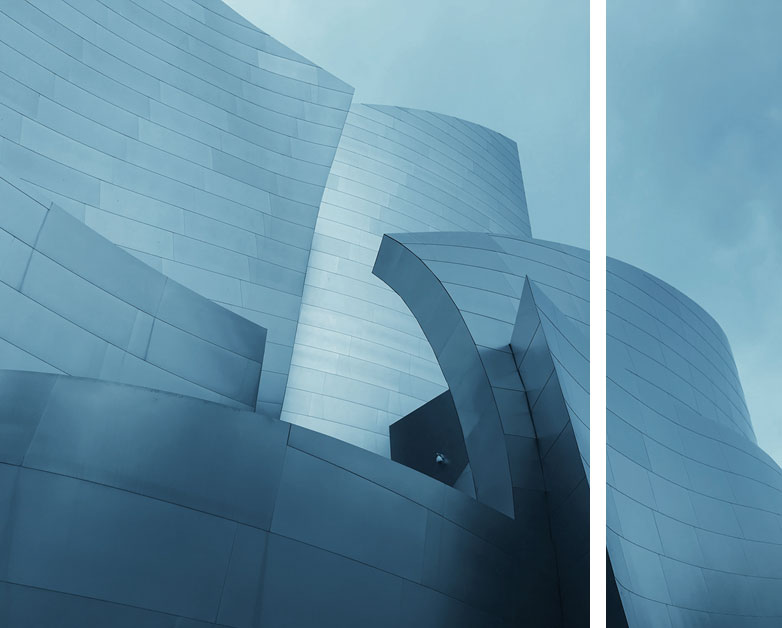
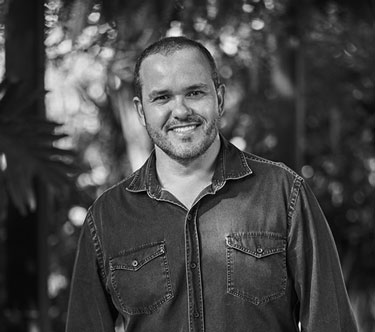
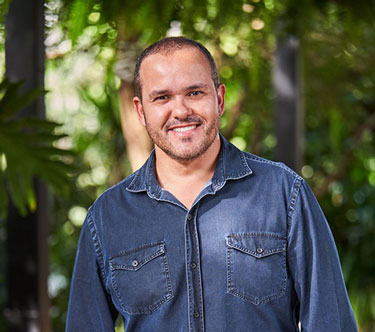
LORÍ CRÍZEL
Lorí Crízel + Partners Architecture
Author of the first book on Neuroscience applied to Architecture, Design, and Lighting published in Brazil | Member of ANFA Centre for Education Latin America at The Academy of Neuroscience for Architecture – ANFA | Architect and Urban Planner | Holder of the CREA/PR Seal of Excellence in Architectural Design | CEO of Lorí Crízel + Partners Architecture | Master in Environmental Comfort | Specialist in Neuroscience and Human Behaviour | Professor, Coordinator of Postgraduate Studies in the areas of Architecture, Neuroscience applied to Architecture, BIM, Design and Lighting, and of the International Programs IPOGMundi at IPOG | International Certification for Design Thinking and Light Design by the Polytechnic Institute of Milan (Italy) | Professional/academic immersion activities in offices such as Norman Foster (London), Zaha Hadid (London), Christian de Portzamparc (Paris), BIG (Copenhagen), Effekt Architects (Copenhagen), Concrete Architects (Amsterdam), Aires Mateus (Lisbon), Hassell Studio (Singapore), AEDAS Architecture (Singapore), Architects 61 (Singapore), Design Link Architects (Singapore), Tandem Architects (Bangkok), DBALP Jam Factory (Bangkok) and X Architects (Dubai) | Institutional activities along with POLI.Design of the Polytechnic Institute of Milan (Italy), McGill University (Canada) and University of Porto (Portugal).
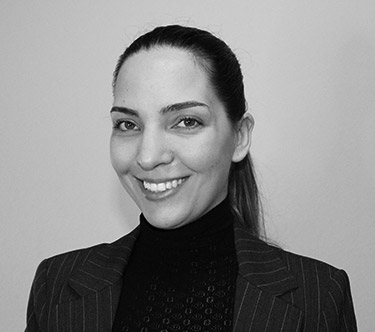
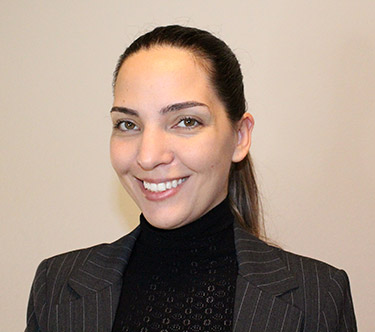
JÉSSICA CARBONE
Jéssica Carbone Architecture
Architect and Urban Planner, Author, Certified in Behavioural Economics and Cognitive Sciences, Specialist in Neuroscience applied to Architecture, Specialist in Neurosciences and Behaviour, Certified in Neuromarketing and Consumer Neuroscience at Copenhagen Business School. Businesswoman, Professor of Postgraduate Courses, Member of the Academy of Neuroscience for Architecture – ANFA, Collaborator of NAD Institute – Neuroarquitectura y Diseño from Chile. Neuroarchitecture Mentor at As Valquírias Institute (ONG, SJRP – BR), volunteer at OESA (Asylum Seekers Centres of Humanitarian Aid) working with refugee families and children from different parts of the world in Switzerland.
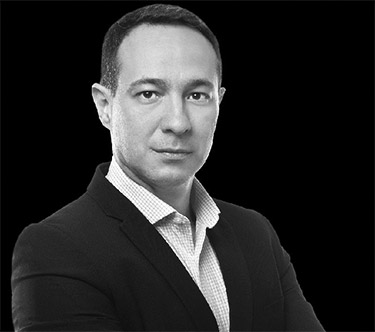
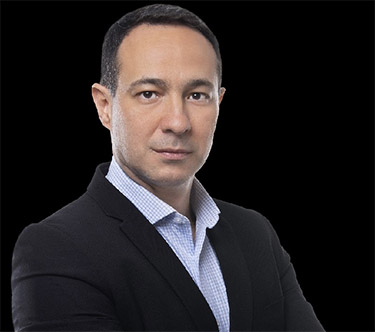
JOE WEIDER
Axon Institute
Chief Operation Office (COO) of Brainstorming Consultoria, a company that has been 23 years in the market and with clients in Brazil, Argentina, Peru, and the USA; Master in Administration from Beulah Heights University (Atlanta – USA); MBA in Executive Management; Coordinator of the MBA in Neuroscience, Behaviour and Performance at IPOG, Visiting professor of Postgraduate Studies in Neuroscience at the Medical Sciences School of Santa Casa de São Paulo, 20 years of experience as consultant in Intelligence and Strategic Planning, working in Brazil as well as abroad; Consultant specialized in applying neuroscience in the areas of strategy, competitive intelligence, and human development; Professor of applied neuroscience at the Conectomus Institute; Coordinator of the MBA in Intelligence, Strategy, and Innovation at IPOG; Coordinator of the MBA in Competitive Strategy, Innovations, and Entrepreneurship at IPOG; Professor of Strategic Planning and Prospective Scenarios at Postgraduation course in Information Technology Management, at the Federal University of Goiás State; Professor of the Postgraduation course in Intelligence in Higher Education of the Public Ministry of Minas Gerais; Professor in MBA courses in the areas of Indicators, Corporate Governance, Strategy, Prospective Scenarios, Competitive Intelligence and Organizational Consulting; Instructor of the EMPRETEC Program (UN) from 2003 to 2006.
wearables
EEG – eletroencefalogram
The EEG devices detect, through electrodes fitted to the participants, the electrical activities of the brain, indicating in which regions activities are taking place regarding the proposed experience.
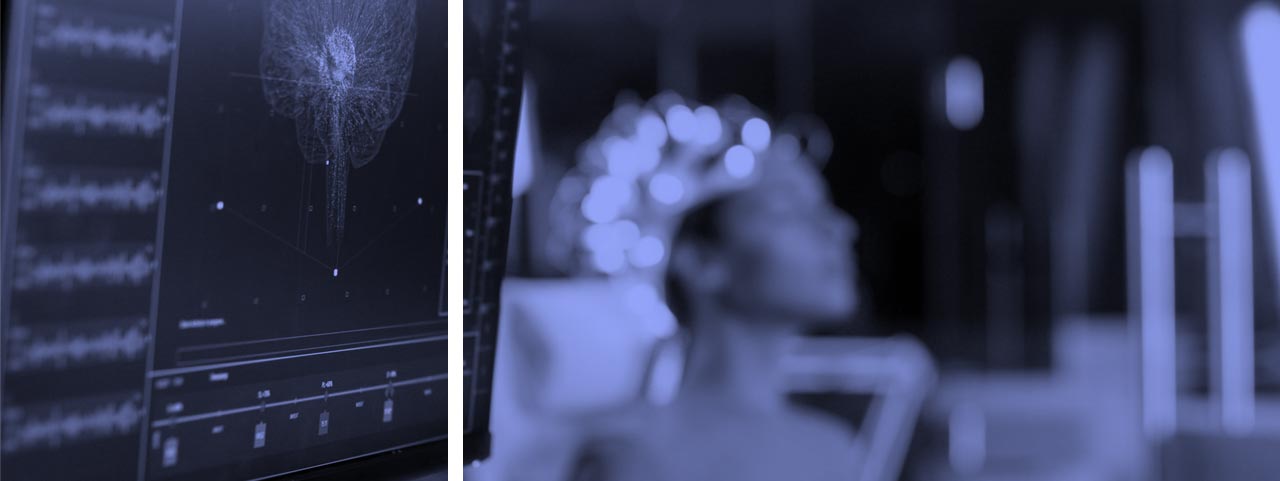
Eye Tracking
Eye Tracker is a device used both in existing environments, thus assuming the appearance similar to that of conventional glasses, and adapted in HMDs (head-mounted displays) technologies to create virtual, extended, and immersive reality experiences.
GSR – galvanic skin response
Conductivity biosensors for galvanic skin response are dedicated to measurements and metrics related to electrodermal resistance/activity (EDA), such as heart rate, respiratory, thermal, and sweating data. In particular, measuring the electrical conductivity of the skin is a valid indicator of emotional arousal.
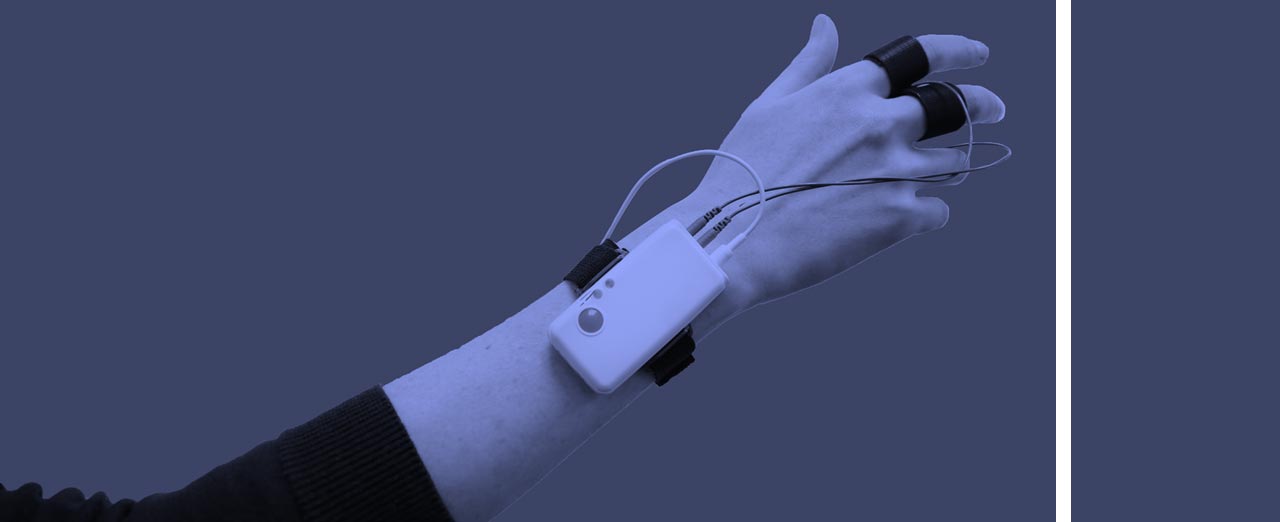
HRV – heart rate variability
Biosensors that monitor the conditions of variation in time between heartbeats, which belong to the Autonomous Nervous System (ANS), which is a regulator of autonomous functions such as the heart rate itself, blood pressure, lung activity, among others.
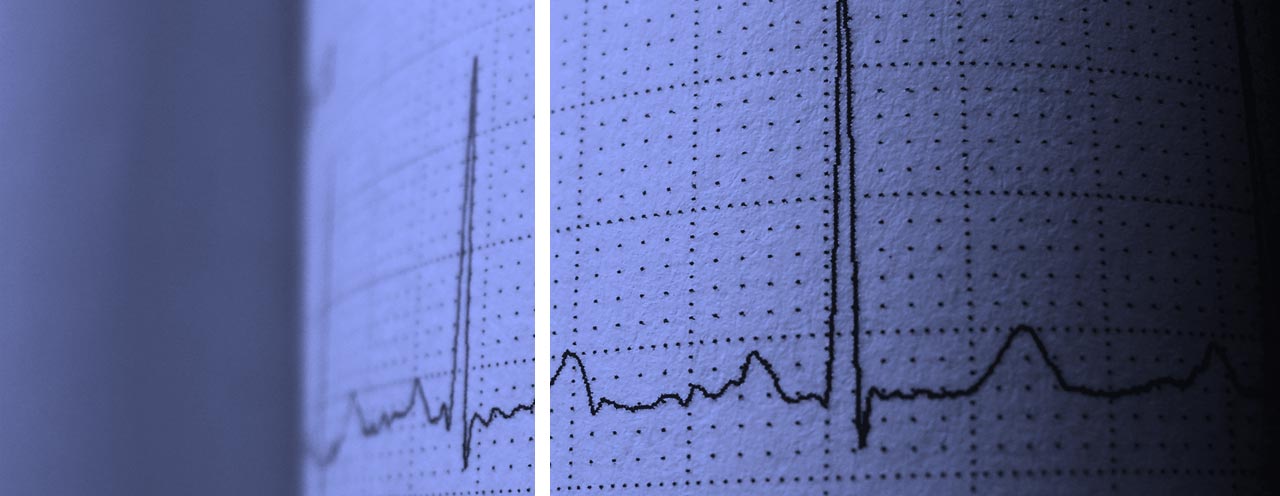
Face Reader
Face Reader technology can be used face-to-face and/or remotely. Through the capture of facial muscle contractions, it is possible to carry out analyses of emotional reactions to exposure to a given experience.
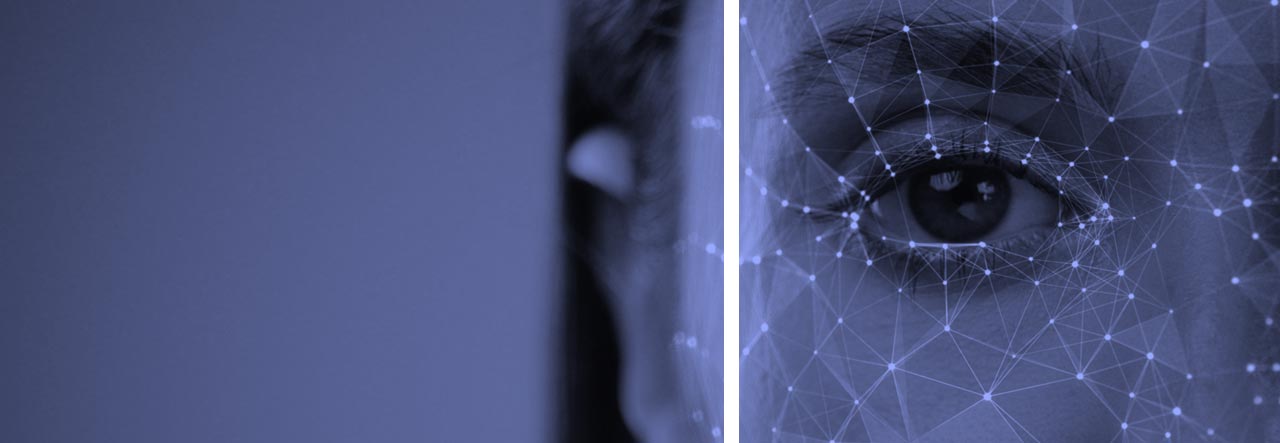
HMD – head mounted devices
An HMD is an equipment used to provide its users with the immersion experience in virtual/extended reality. The HMD used by Neuro in lab not only provides the experience of anticipating an experience yet to be proposed as materiality, but also delivers the experience of interaction with the virtual environment, its sensations such as sound and spatiality, having also the Eye Tracking technology integrated to the device itself, which allows the assessment of metrics proportional to those measured in existing environments.

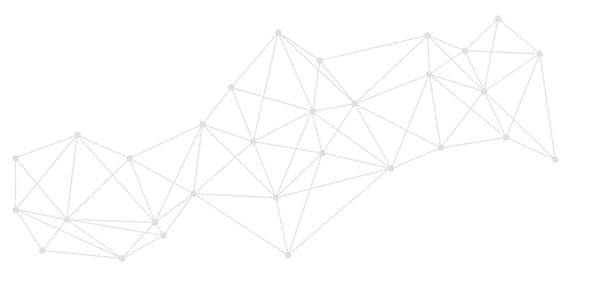
collaborators
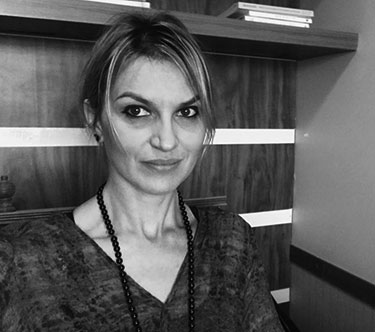
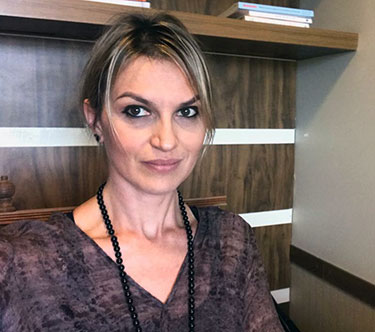
Dr. Marivania Cristina Bocca
Clinical Psychologist, PhD in Philosophy from the Philosophy Graduate Program at the Western Paraná State University – UNIOESTE Toledo/PR with co-tutelage at the Federal University of Santa Catarina – UFSC. Sandwich PhD at UBI – University of Beira Interior – Covilha/Portugal. Master’s in Social and Personality Psychology from PUC/RS. Specialist in Existential Phenomenological Psychology at UNIPAR Umuarama / PR. Specialist in Sartrean Existential Psychology by UNISUL Florianópolis/SC. Conducts integrated studies between Existentialist Psychology, Phenomenology and Architecture. Investigates social, sociological, and anthropological aspects of the human attitude, focusing on issues related to the space, the temporality, and the place. Teaches the discipline “Psychology and its Interfaces with the Project” in the courses of Interior Design: Ambiance and Space Production and Master in Architecture & Lighting, as well as the discipline of “Psychology: Human Behaviour ‘printed’ into the Environments” at the Master’s course in Neuroarchitecture – IPOG.
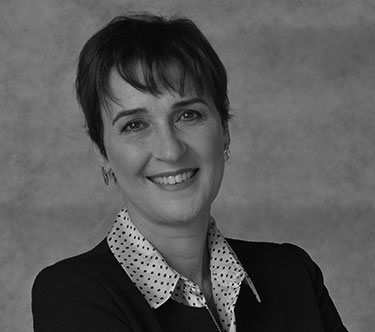
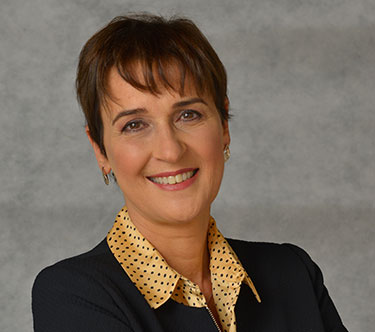
Dr. Márcia Abel
Neuroscientist, Physiologist, Master’s and Doctorate in Experimental and Comparative Pathology by USP. Associate professor of the Medical Course at the School of Medical Sciences of Santa Casa de São Paulo (FCMSCSP) and other courses in the field of health. Professor and supervisor of Postgraduation courses in the areas of Neuroscience Applied to Education and Neuroscience Applied to the Sustainable Future of People and Organizations at FCMSCSP. Professor of Master in Neuroarchitecture at IPOG. Experience in approaching neuroscience principles applied to the training of people, teachers, and professionals in the corporate environment. Lecturer. Area of expertise: Neuroscience of perception and perceptual biases, language, stress, quality of life, well-being, and aging. Author of several scientific works, book chapters, proof-reader and scientific advisor. Veterinarian by UEL/PR.
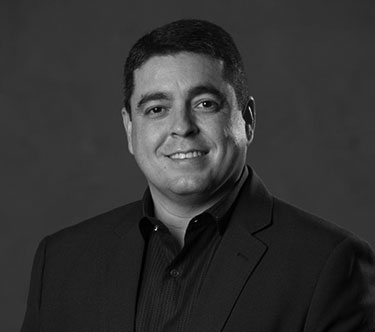
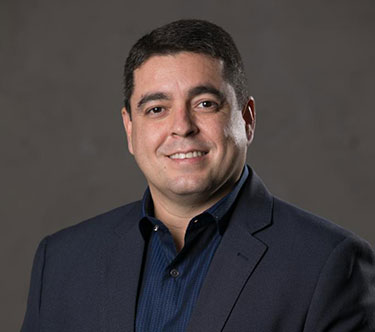
Dr. Túlio Rocha Freire
Neurosurgeon graduated In Medical School at the Federal University of Goiás, medical residency in Neurosurgery at Hospital Santa Mônica in Goiânia, service accredited by the Brazilian Society of Neurosurgery. Currently working in the clinical and surgical treatment of spinal diseases.





